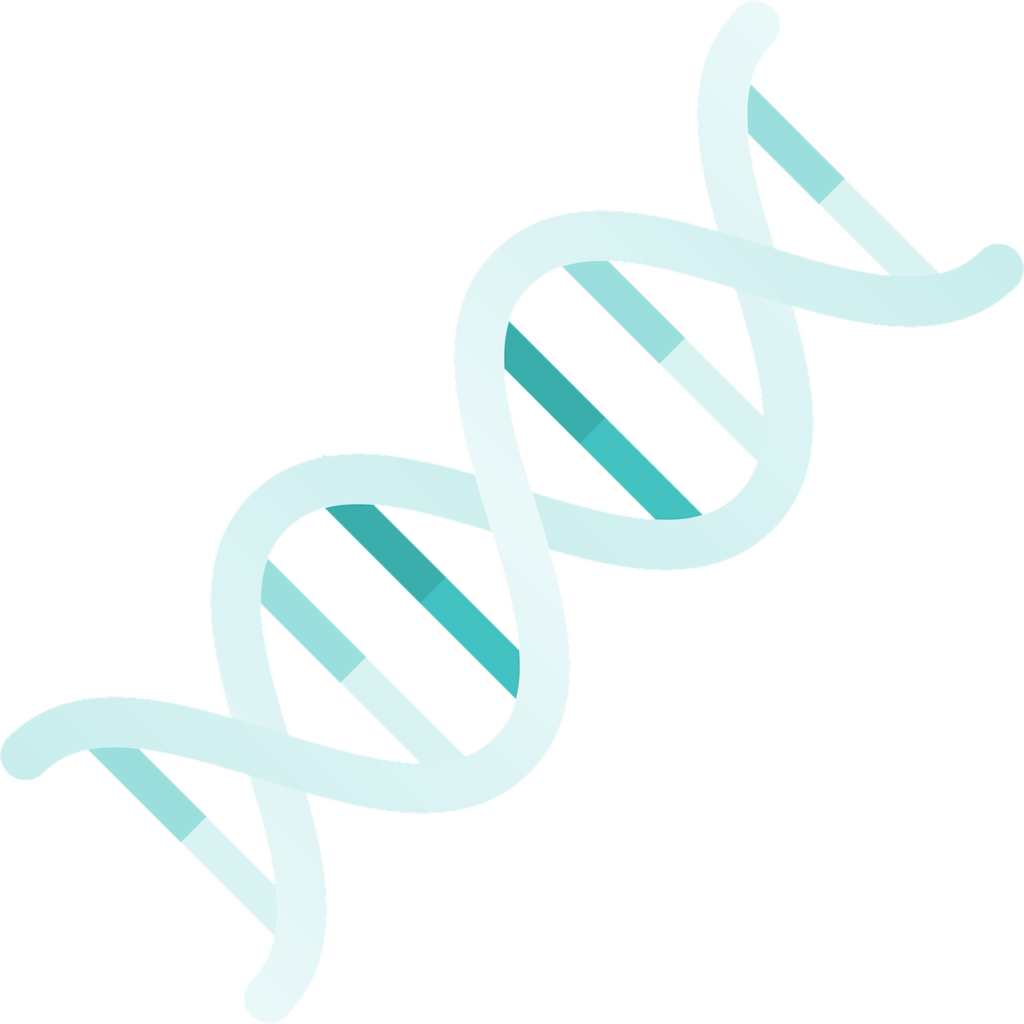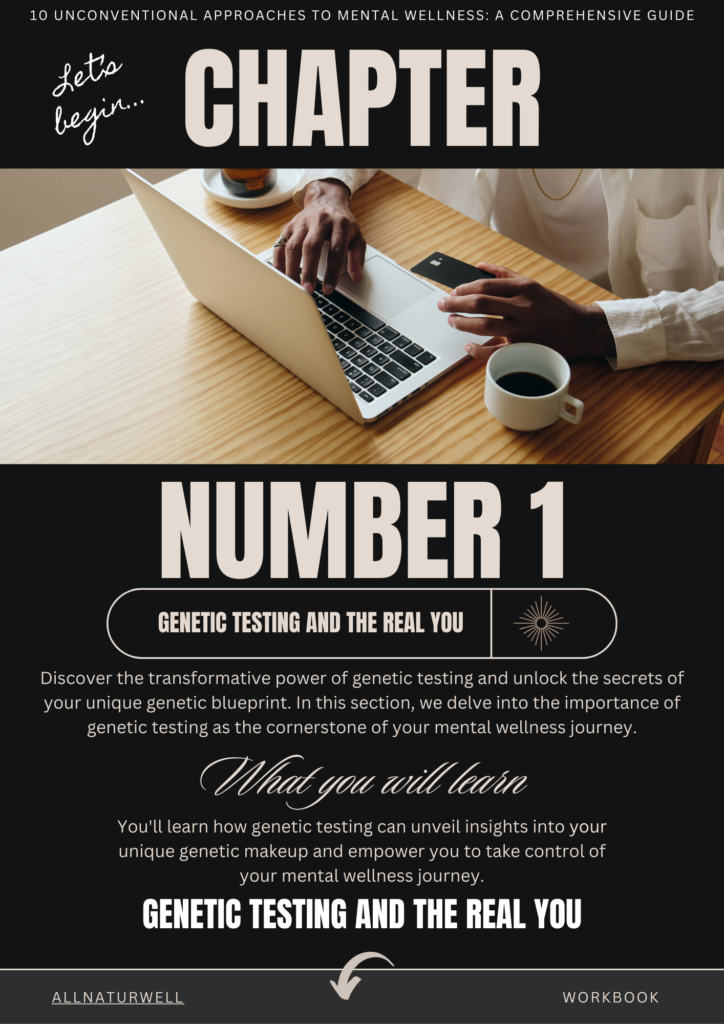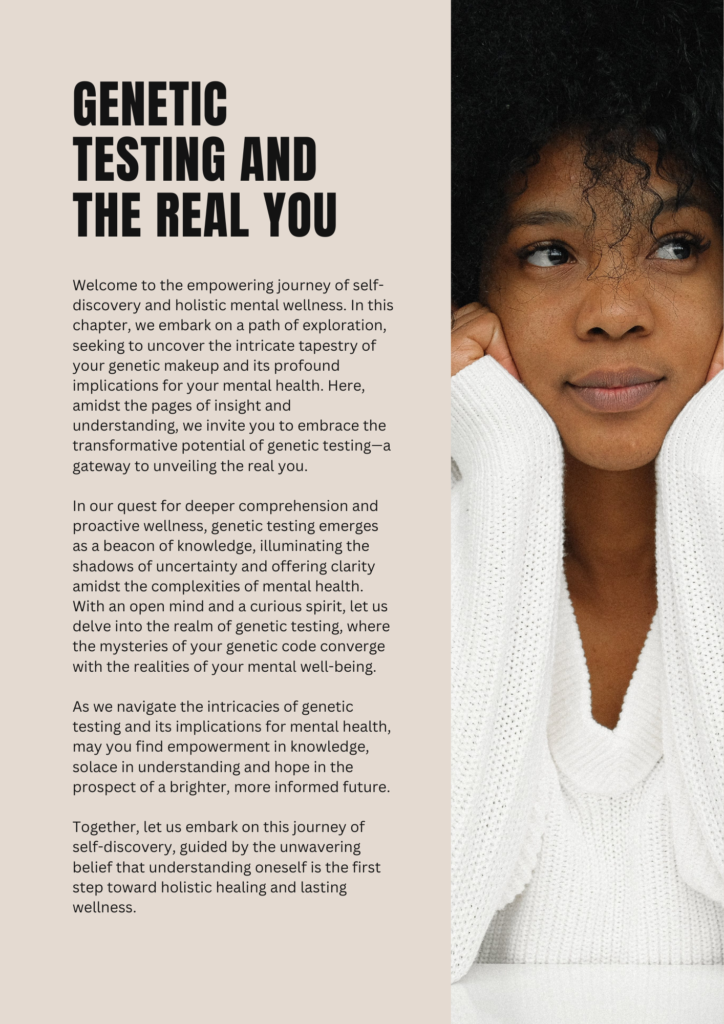The AHCY Gene Mutation

Overview
The AHCY gene plays a crucial role in the ‘methionine cycle’, impacting the body’s ability to process and utilize methyl groups. These ‘methyl groups’ are vital for many biochemical reactions, including the regulation of neurotransmitters, which significantly influence mental health.
What is the AHCY Gene?
The AHCY (Adenosylhomocysteinase) gene is responsible for encoding the enzyme adenosylhomocysteinase, which converts S-adenosylhomocysteine (SAH) to homocysteine. This process is essential in maintaining proper methylation balance in the body, critical for DNA synthesis, repair and neurotransmitter function.
What Does "Disrupting the Methionine Cycle" Mean and What's Actually Happening in the Body? (Or Not Happening That Should Be?)
When we talk about “disrupting the methionine cycle,” we’re referring to an essential process in your body that can be thrown off balance by mutations in the AHCY gene. The methionine cycle is like a factory in your cells, constantly producing and recycling vital components needed for your body’s overall function. This cycle is especially important for your brain because it provides the necessary building blocks to create neurotransmitters—chemical messengers that affect your mood, focus and stress response.
What’s Happening in the Body?
Under normal circumstances, the methionine cycle ensures that your cells have a steady supply of something called methyl groups. These methyl groups are critical for many processes, including turning certain genes on or off and making neurotransmitters like serotonin and dopamine. After a methyl group is used, it leaves behind a substance called S-adenosylhomocysteine (SAH). The AHCY gene is responsible for producing an enzyme that breaks down SAH into homocysteine and adenosine, allowing the cycle to continue smoothly.
What Happens When Things Go Wrong?
If the AHCY gene isn’t working properly due to a mutation, this breakdown process gets jammed. Instead of being cleared out, SAH builds up, blocking the cycle and reducing the availability of those essential methyl groups. Without enough methyl groups, your body struggles to produce the neurotransmitters your brain needs to function optimally.
Impact on the Brain and Body
When the methionine cycle is disrupted, it can lead to a cascade of issues in the brain:
Mood Disorders: With fewer methyl groups available, your brain may not produce enough neurotransmitters, potentially leading to mood disorders like depression and anxiety.
Cognitive Impairment: Reduced methylation can interfere with memory, focus and other cognitive functions, making it harder to think clearly and concentrate.
Increased Stress: The buildup of SAH and impaired recycling of homocysteine can lead to oxidative stress, which damages cells and can worsen mental health symptoms.
Understanding this disruption gives you insight into why managing the AHCY gene mutation is crucial for maintaining mental and physical well-being.
The AHCY Gene Mutation
Common Variations of the AHCY Gene
AHCY rs819147:
This variation is associated with reduced enzyme activity, leading to an accumulation of SAH. Elevated SAH levels can inhibit other methylation processes, potentially leading to disruptions in neurotransmitter balance and mental health.AHCY rs819134:
Individuals with this variation may experience issues with homocysteine metabolism, contributing to elevated homocysteine levels. High homocysteine is linked to cognitive decline, mood disorders and cardiovascular risks.
Impact of AHCY Variations on Mental Health
Mood Regulation: Variations in the AHCY gene can influence the balance of neurotransmitters like serotonin, dopamine and norepinephrine, which are critical for mood stability.
Cognitive Function: Proper methylation is essential for cognitive health. Variations in the AHCY gene can lead to cognitive challenges, including difficulties with memory, focus and processing speed.
Stress Response: Disruptions in methylation can impact the body’s ability to manage stress, potentially leading to increased anxiety or depressive symptoms.
Why Understanding Your AHCY Variation Matters
Knowing your AHCY gene status can guide you in tailoring your wellness strategies for optimal mental and physical health. By understanding how this gene influences your body, you can make informed decisions about lifestyle, nutrition and supplementation to support your well-being.
The AHCY Gene Mutation
Holistic Approaches for Managing AHCY Variations
Managing AHCY variations holistically involves a combination of lifestyle modifications, nutritional support and mind-body practices. Here are some strategies that may help:
Nutritional Support:
- Methyl Donors: Incorporate foods rich in methyl donors, such as leafy greens (e.g., spinach, kale), beets and eggs. These foods support the methionine cycle by providing the necessary methyl groups.
- Homocysteine Management: Consider supplements like B-vitamins (B6, B12, and folate) to help lower homocysteine levels, which can become elevated due to AHCY gene variations.
Mind-Body Practices:
- Stress Reduction: Engage in stress-reducing activities like yoga, meditation or deep-breathing exercises to support overall mental health.
- Mindfulness Practices: Practicing mindfulness can help in managing mood swings and stress, which may be exacerbated by AHCY gene variations.
Lifestyle Modifications:
- Sleep Hygiene: Prioritize sleep by maintaining a regular sleep schedule and creating a restful environment to enhance cognitive function and mood stability.
- Regular Exercise: Engage in regular physical activity, which can improve neurotransmitter balance, reduce stress and enhance overall well-being.
The AHCY Gene Mutation
Taking Action: Managing AHCY Variations for Optimal Health
Taking action starts with understanding your specific AHCY gene variation through genetic testing. Once you know your status, you can implement personalized strategies to support your methionine cycle and overall health:
Consult a Healthcare Professional: Work with a healthcare provider knowledgeable in genetics and holistic health to develop a personalized wellness plan.
Tailored Supplementation: Based on your genetic profile, your healthcare provider may recommend specific supplements to support methylation and homocysteine metabolism.
Lifestyle Adjustments: Incorporate the holistic approaches mentioned above into your daily routine, focusing on nutrition, stress management and physical activity.
The AHCY Gene Mutation
A Lifelong Journey to Optimal Health Through Holistic Living
Managing AHCY variations is not a one-time fix but a lifelong journey. By embracing holistic living, you can continually support your mental and physical health, making adjustments as needed based on your body’s responses. Remember, each step you take towards understanding your genetic makeup and implementing supportive strategies brings you closer to optimal well-being.
What’s Next: Tools and Resources to Support Your Journey
To continue on your path to holistic health, consider utilizing the following tools and resources:
Personalized Genetic Testing: Explore genetic testing services that offer detailed reports on AHCY and other related gene variations.
Nutritional Guides: Utilize guides that focus on foods and supplements tailored to support methylation and homocysteine management.
Mind-Body Practice Resources: Access online classes or apps that provide instruction in mindfulness, yoga or meditation.
Conclusion
Understanding and managing AHCY gene variations can significantly impact your mental and physical health. By integrating holistic approaches into your lifestyle, you can support your body’s natural processes and achieve greater well-being. Remember, your health journey is unique, and embracing personalized strategies will empower you to live your best life.
YOU MAY BE INTERESTED IN:
Genetic Testing and the Real You
Disclaimer: The information and/or products mentioned in these article are provided as information resources only and are not to be used or relied on to diagnose, treat, cure or prevent any disease. The statements made in this article have not been evaluated by the Food and Drug Administration. Any products mentioned are not intended to diagnose, treat, cure, or prevent any disease, but rather to be considered as an informational resource only to encourage critical thinking and personal research. The information in this article is intended for educational purposes only. The information is not intended to replace medical advice offered by licensed medical physicians. Please consult your doctor or health care practitioner for any and all medical advice.
Sign up for our weekly newsletter. it's free!

52 Weeks, 52 Topics! Get Our Latest ‘Stay Well’ Newsletter Every Monday And Start Your Week Off AllNaturWell. A New Tip, A New Study Revealed, A New Product Reviewed. Get It Right To Your Inbox Weekly. No Need To Wait. It’s Free!



